You have to be ready to end a part of your life—not literally, but figuratively.
Hear me out.
My marriage of 17 years ended because of the toxicity and abuse that persisted for many years. Over time, I realized that I had played a significant role in perpetuating these harmful dynamics. I was often angry, had a negative outlook, and reacted quickly with frusturation and hostility. I found myself trapped in cycles of fight, freeze, or fawn responses. I threw myself into work, chasing career success to prove my worth, while avoiding conflict to keep the peace and earn approval.
I wore ambition like armor to protect my insecurities, not realizing how deeply it was costing me.
I didn’t recognize any of this until I began questioning my reactions to people, and nearly everything around me that were causing me immense suffering.
I thought to myself, “I can’t be the problem.”
But I was the common denominator in all these situations.
Over time, I became a shadow of myself. I lost my joy, excitement, and sense of purpose. I isolated myself and despite staying busy, I felt increasingly unproductive both at home and at work.
Feedback from colleagues only reinforced my growing belief that I was the problem, further eroding my self-worth
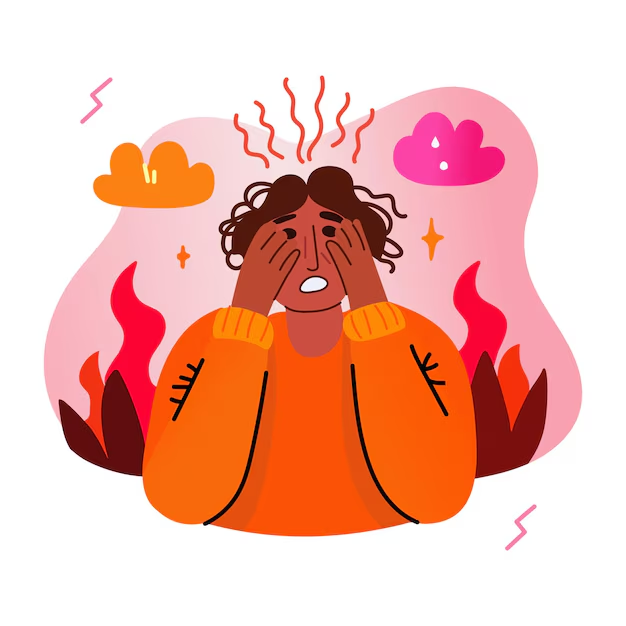
Eventually, I developed severe anxiety, depression, depersonalization, poor memory, and physical ailments like back pain, migraines, and vertigo that just wouldn’t go away no matter how hard I tried. I stopped feeling beautiful, capable, or worthy of anything. My partner consistently accused me of having anger issues and being emotionally volatile. Since I didn’t like myself, I began questioning why I had become this way—and that led me to seek therapy.
The therapist I met helped me understand that while I was reacting to a difficult environment, my coping mechanisms: anger, anxiety, depression, isolation, were also feeding the toxic dynamic. My emotional responses, though understandable, were hurting me as much as they hurt the relationship. I learned that toxicity had not just happened to me; I flourished and adapted to it in ways that deepened it.
The shocking realization was that I had justified my toxic behaviors as survival mechanisms.
And the most painful truth was that I had the power to change things.
When marriage counseling, individual therapy, and countless efforts failed to shift the dynamic, I chose to leave.
But choosing to leave wasn’t just about ending the relationship. It was about letting a part of myself die, the part that participated in, tolerated, and perpetuated the cycle.
This death was necessary for my rebirth.
The Hard Truth About Toxic Relationships
A toxic relationship is rarely one-sided.
We are not always just victims of circumstances; sometimes we are also participants.
When toxicity is mutual, both individuals engage in behaviors that damage themselves and each other. When one partner consistently dominates and harms the other, it crosses into abuse. But in many cases, toxicity is fed on both sides through neglect, avoidance, aggression, codependency, or unhealed wounds.
Often, people in toxic relationships are unaware of their role or too ashamed to confront it. The guilt and shame keep them trapped in cycles of denial and dysfunction. But true healing can begin when we see the full picture—our behaviors, our tolerances, our coping mechanisms.
Cycle of Toxic Relationships
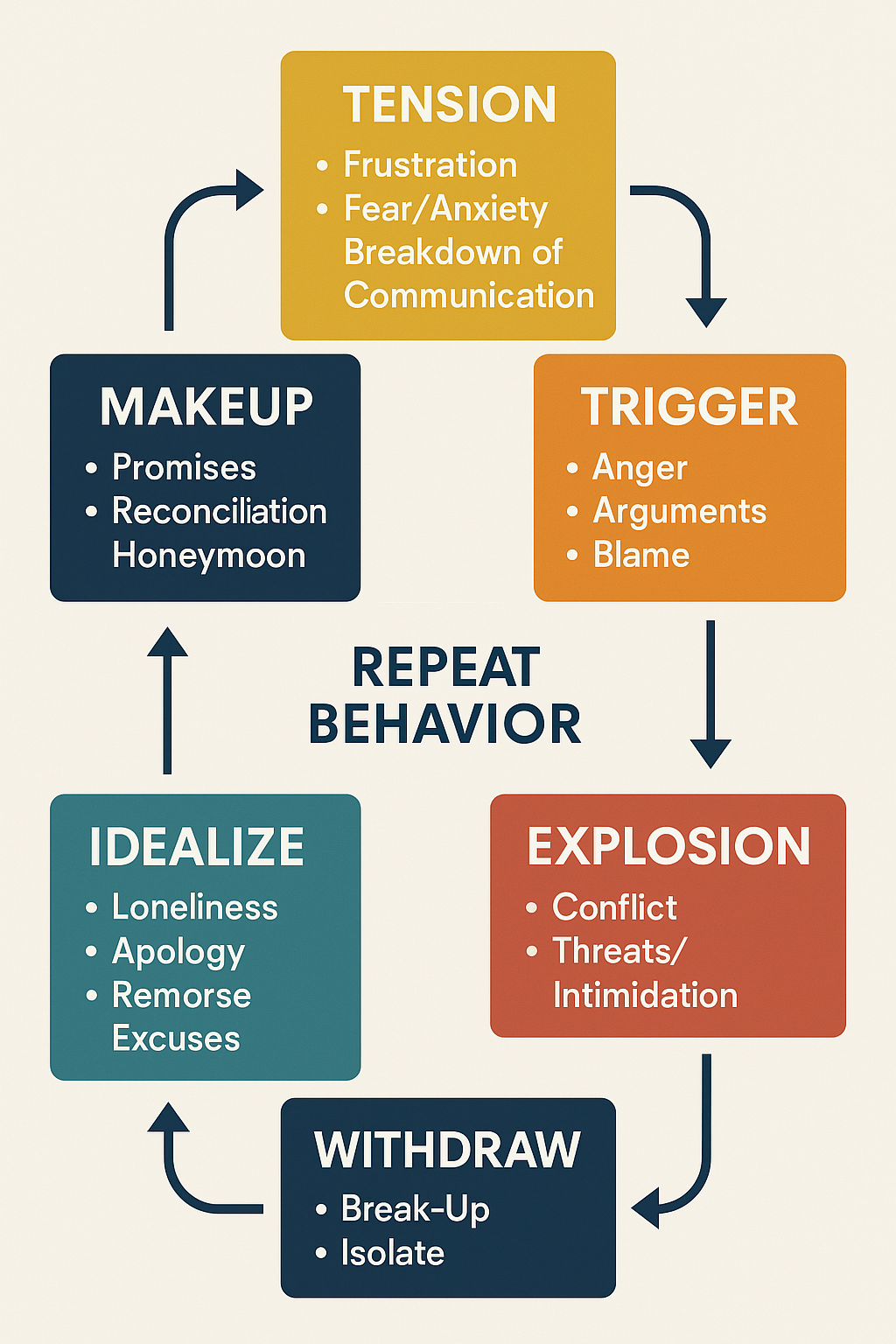
Rebirth: A Painful but Beautiful Process
Breaking free required deep self-reflection and the courage to let go of an old version of myself.
It meant confronting the damage my behaviors had caused—to myself and to those around me.
It meant reassessing my values, needs, and desires.
It meant building new habits and relationships that honored those values.
This wasn’t just emotional work. It was practical, tangible work:
- Letting go of relationships and friendships that no longer aligned with who I was becoming
- Shifting my career goals and removing myself from environments that kept me stuck
- Confronting my finances—the overspending, the emotional shopping, and the mounting debt I had used to fill emotional voids
- Canceling all but one credit card, creating a spending plan from scratch, and learning to live below my means while rebuilding my sense of worth
- Accepting that healing meant going without certain comforts in order to gain real peace
- Learning to be okay with being alone, being misunderstood, being disliked—and still standing firmly in who I was
- Taking full, unapologetic leadership over my own life
It required the willingness and courage to start completely afresh.
I realized that anger and frustration weren’t my enemies—it was the unprocessed, misdirected anger that caused harm. As I began acknowledging my emotions without letting them control me, something shifted.
The more I took responsibility for my reactions, the clearer I saw the unhealthy patterns and abuse in my relationships. Only then could I begin to build a life rooted in strength rather than survival.
For Those Still Caught in the Cycle
If you are in a toxic cycle, I invite you to start by gently observing your behaviors and those of your partner. Reflect on the underlying dynamics, not with blame, but with compassion for yourself.
Ask yourself:
- What are my true values and needs?
- How am I showing up for myself, and against myself?
- In what ways might both of us be contributing to the toxicity?
Remember: Guilt and shame are common, but confronting them is the doorway to change.
And if those around you resist your efforts to grow, know this: sometimes the best gift you can give is your reflection and the freedom for others to find their own path.
As the philosopher William Blake said, “A fool who persists in his folly will become wise.”
Healing from toxicity is not the end of your story, it is the beginning of a life where you are free to thrive.

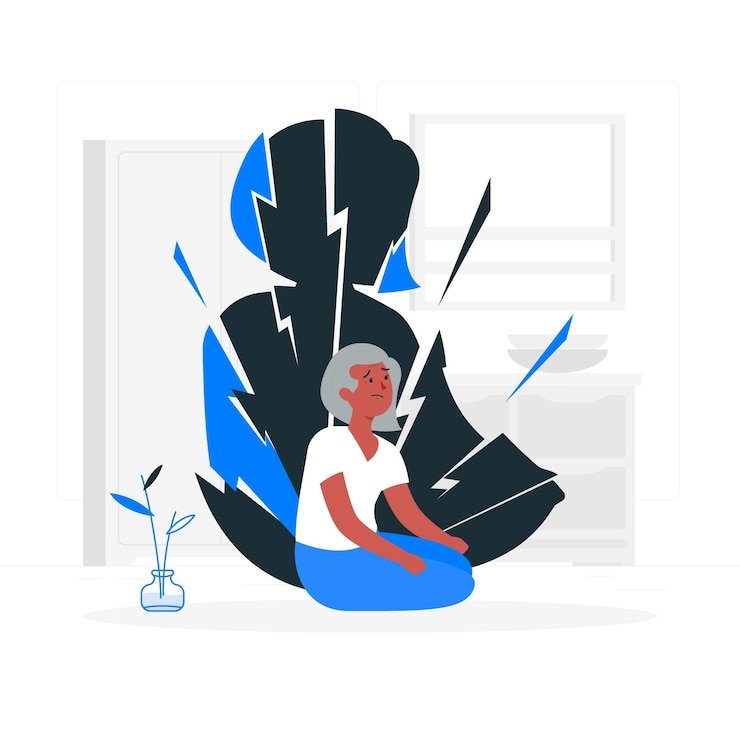
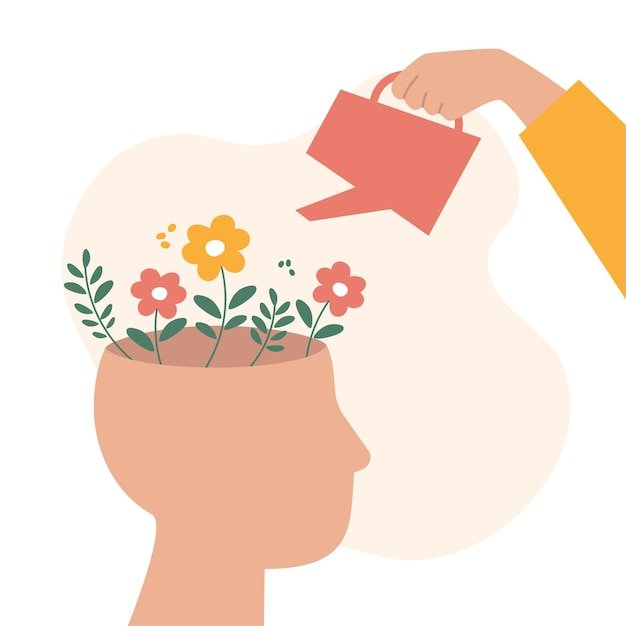
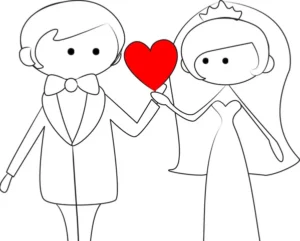
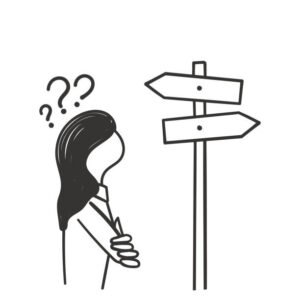
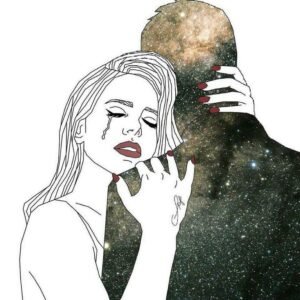
Beautifully written – deeply emotional and incredibly relatable. I see echoes of the same journey in my own life. To everyone walking through similar struggles, may the Lord bring healing, strength, and peace. Keep your head high, rise with purpose, and keep moving forward. Brighter days are ahead.
I’m proud of you for acknowledging how you got to where you are now and identifying how to get to where you want to go.
Excellent